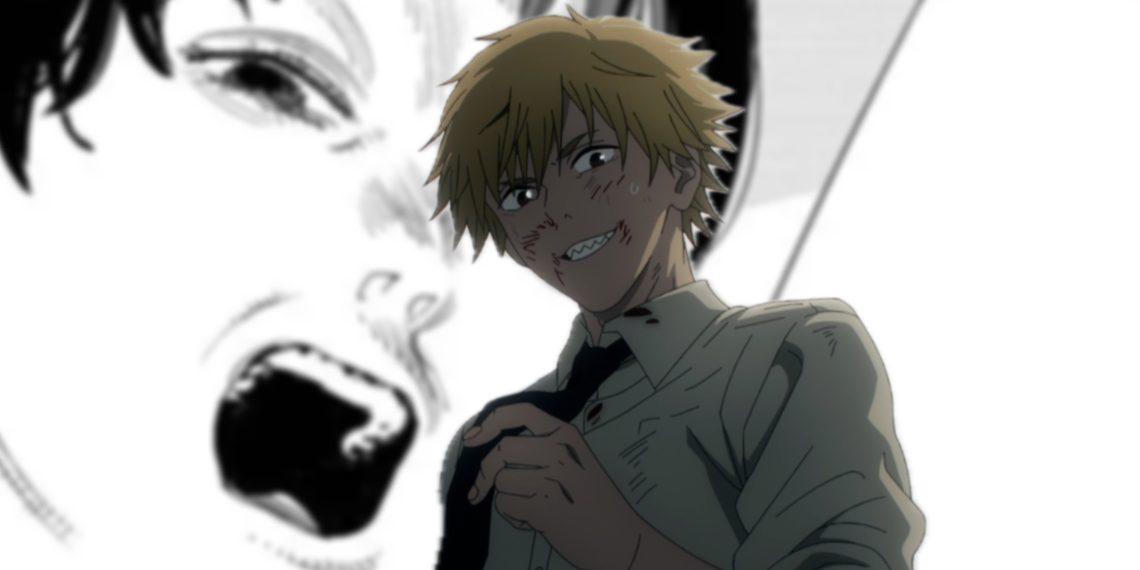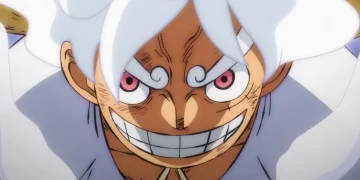The anti-hero trope in shonen anime like Chainsaw Man involves characters who pursue justice through unconventional and sometimes morally ambiguous means.
Unlike traditional heroes, anti-heroes often have selfish motivations driving their actions, even if their ultimate goals align with the greater good.
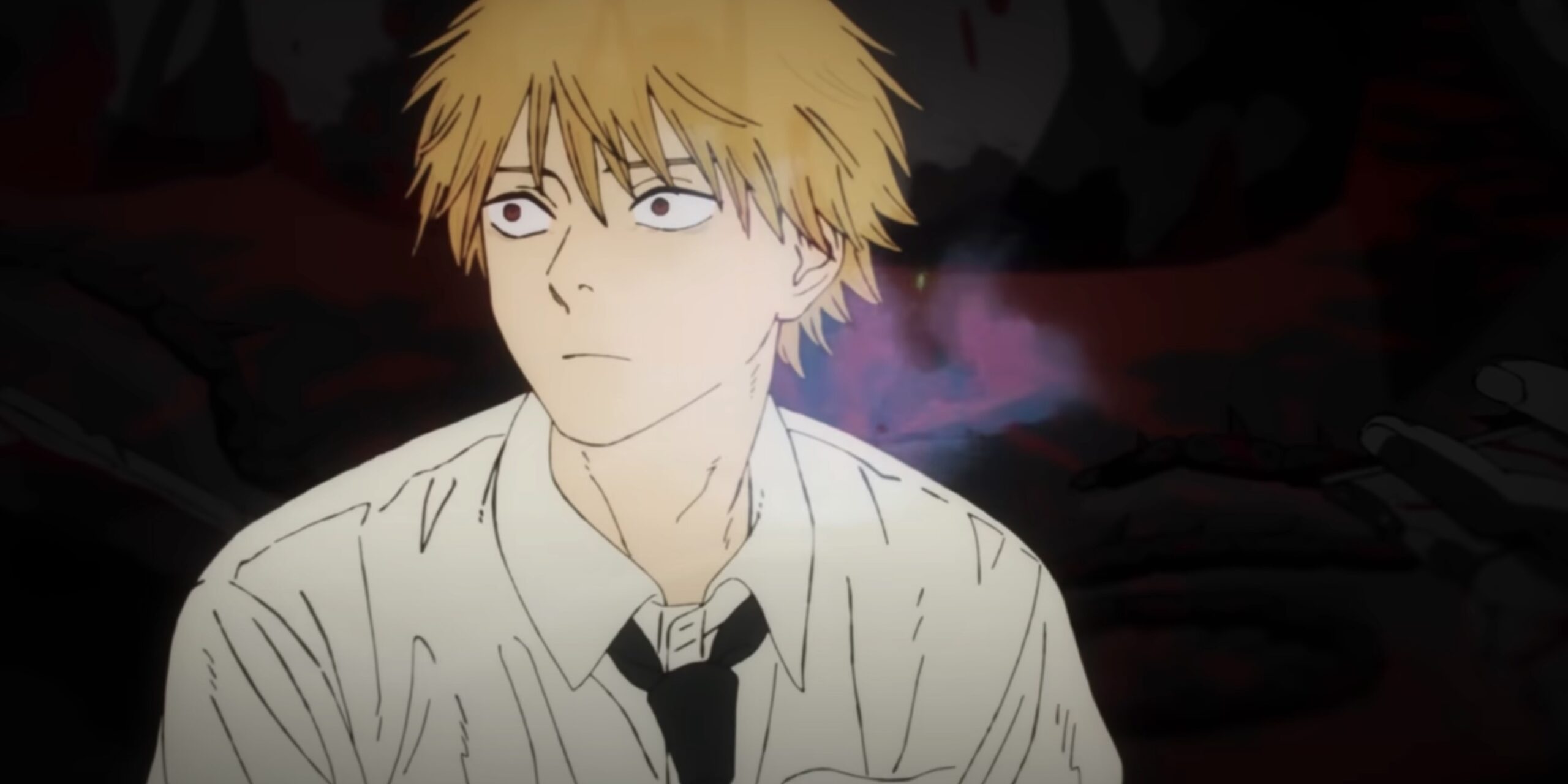
Throughout the history of anime, several notable anti-heroes have left their mark. One prominent example is Eren Yeager from Attack on Titan, who, driven by a desire to protect his loved ones, wages war against the entire world, resorting to extreme measures that challenge conventional notions of heroism.
Another iconic anti-hero is Light from Death Note, who, dissatisfied with the justice system, takes matters into his own hands by wielding the power of the Death Note.
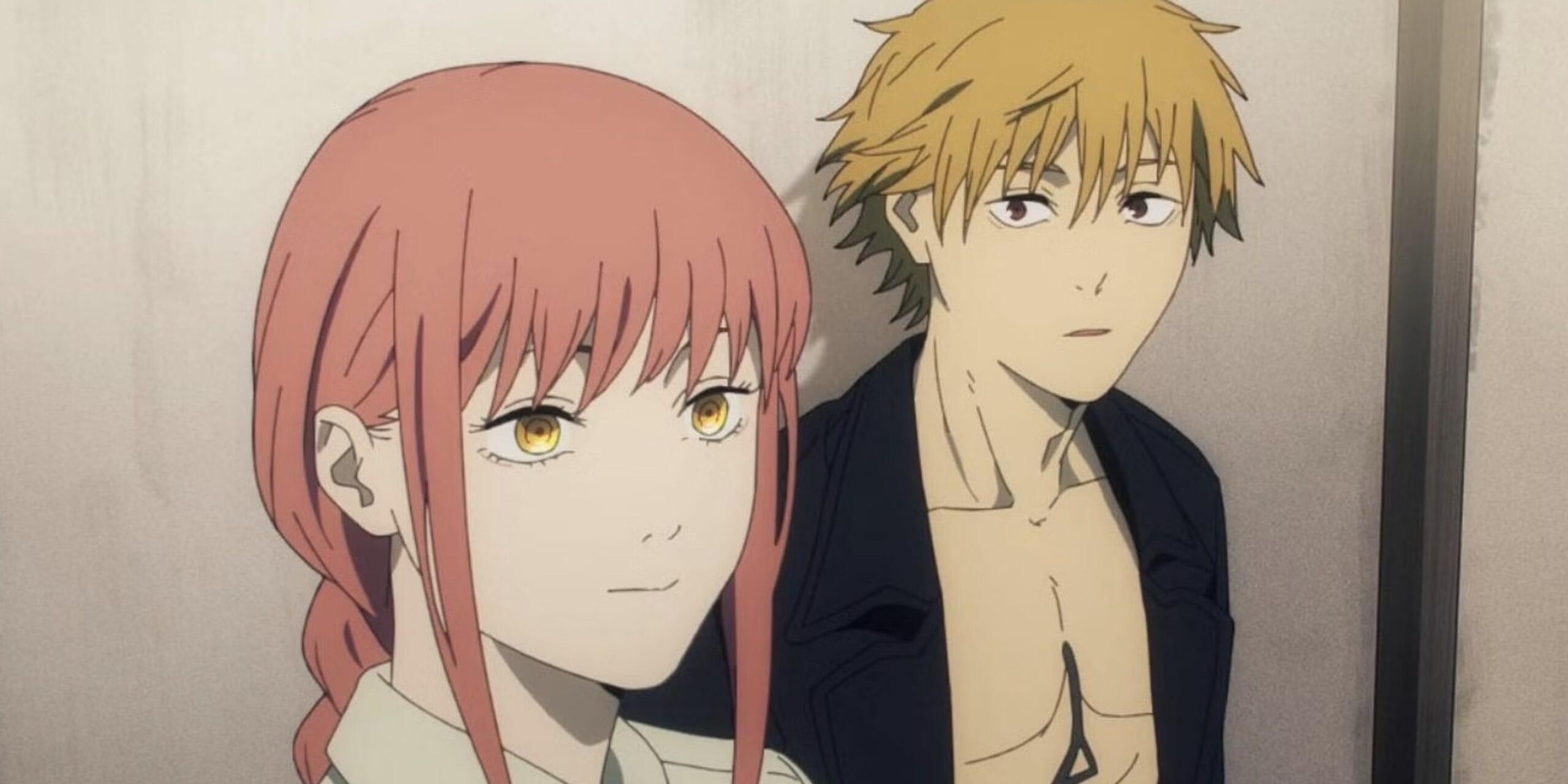
However, his pursuit of justice quickly spirals into an obsession with power and control, leading him down a path of moral corruption.
The protagonist of Chainsaw Man, Denji, embodies many of the qualities associated with anti-heroes. While he possesses the inherent qualities of a hero, such as courage and a strong sense of justice, his motivations often stem from personal desires and self-interest.
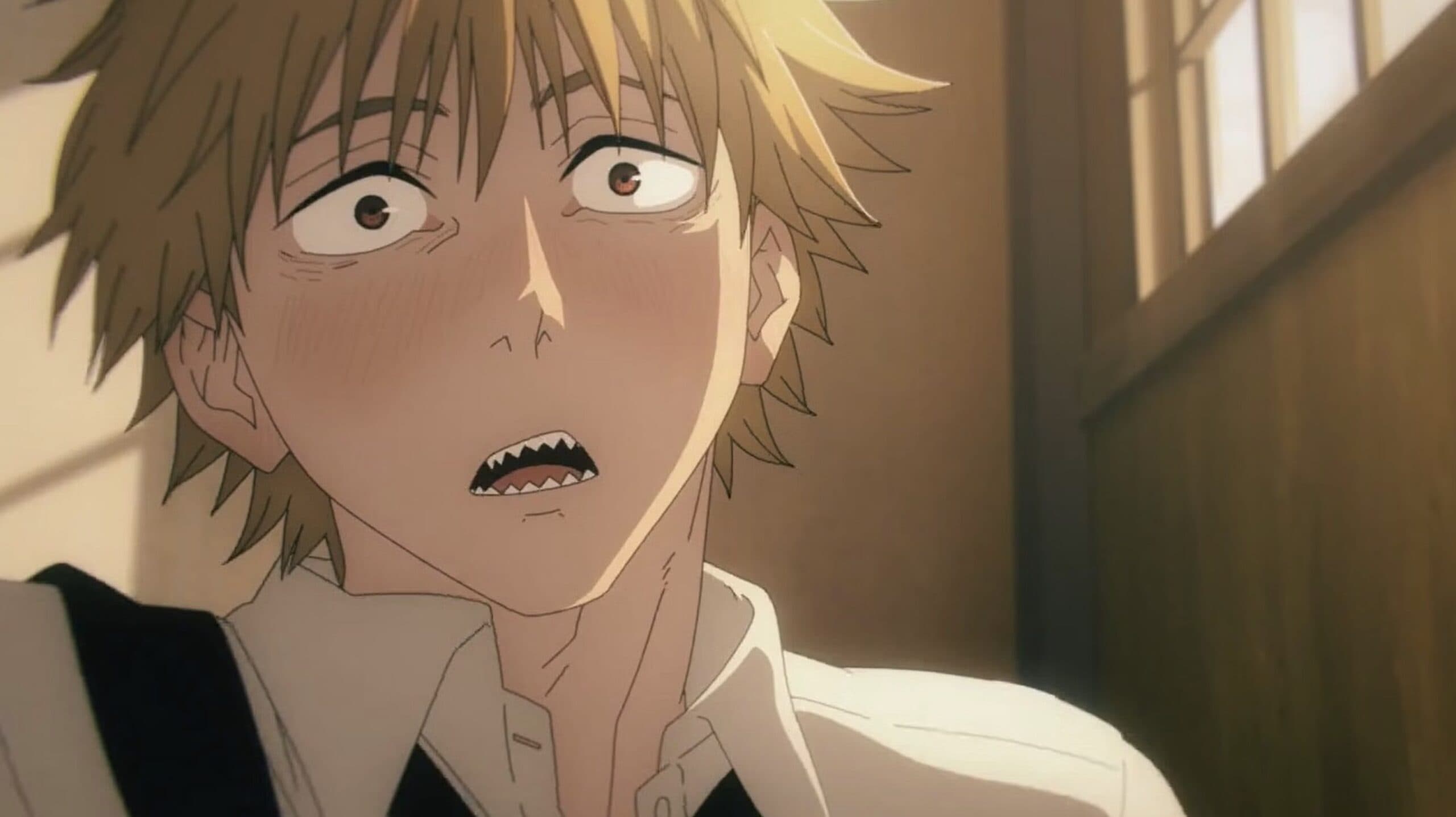
This duality raises the question of whether Denji’s actions, despite their positive outcomes, can be considered truly heroic or if his self-serving nature relegates him to the realm of anti-heroes.
Denji, Chainsaw Man’s Anti-Hero Protagonist and His Complex Morality
Denji fits the archetype of an anti-hero protagonist in Chainsaw Man. While he possesses heroic qualities like courage and a sense of justice, his motives are often driven by self-interest rather than altruism, supporting the notion that he falls into the anti-hero category.
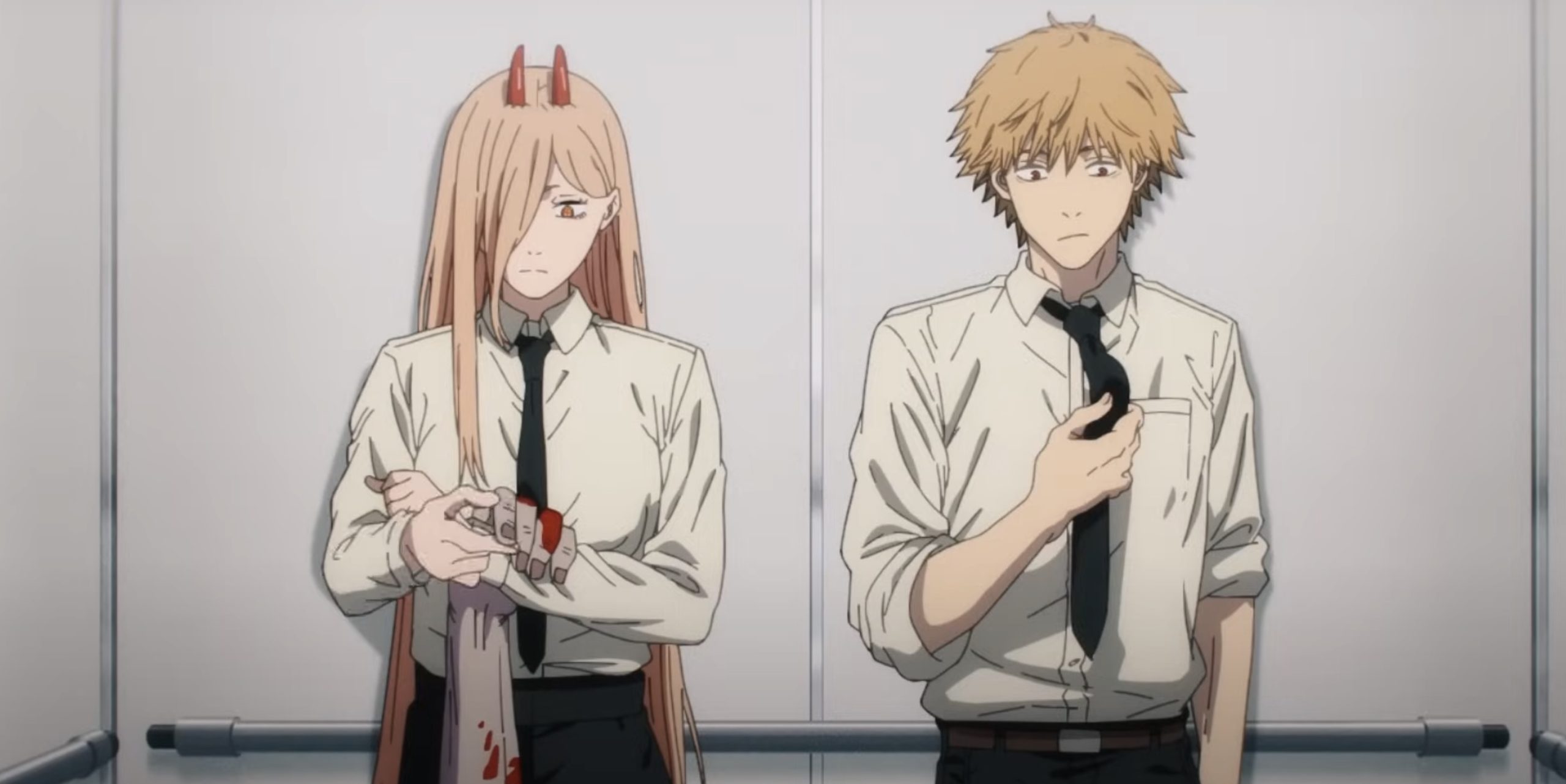
Denji’s backstory paints a picture of a troubled youth who faced hardship and tragedy at an early age. His father’s debt left him vulnerable to exploitation by loan sharks, forcing Denji into dangerous devil hunting just to survive.
This criminal lifestyle, though born out of necessity, further emphasizes his anti-hero status.
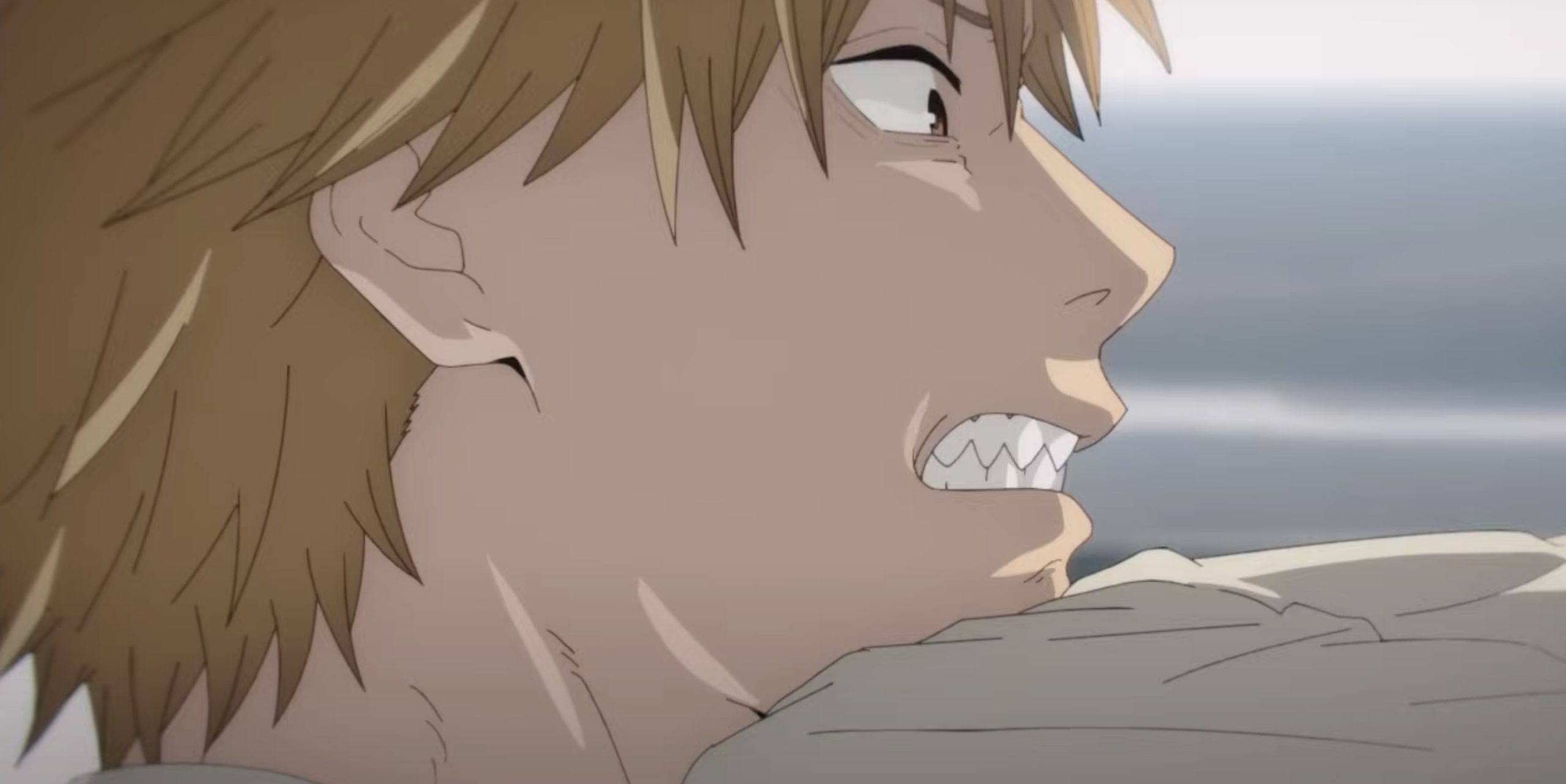
The pivotal moment that transformed Denji came when he was betrayed and killed by vengeful devils. In his final moments, he fused with his pet devil Pochita, who was none other than the powerful Chainsaw Devil.
This fusion gave Denji a second chance at life, granting him the abilities of the Chainsaw Man – three chainsaws protruding from his head and arms, capable of inflicting immense damage.
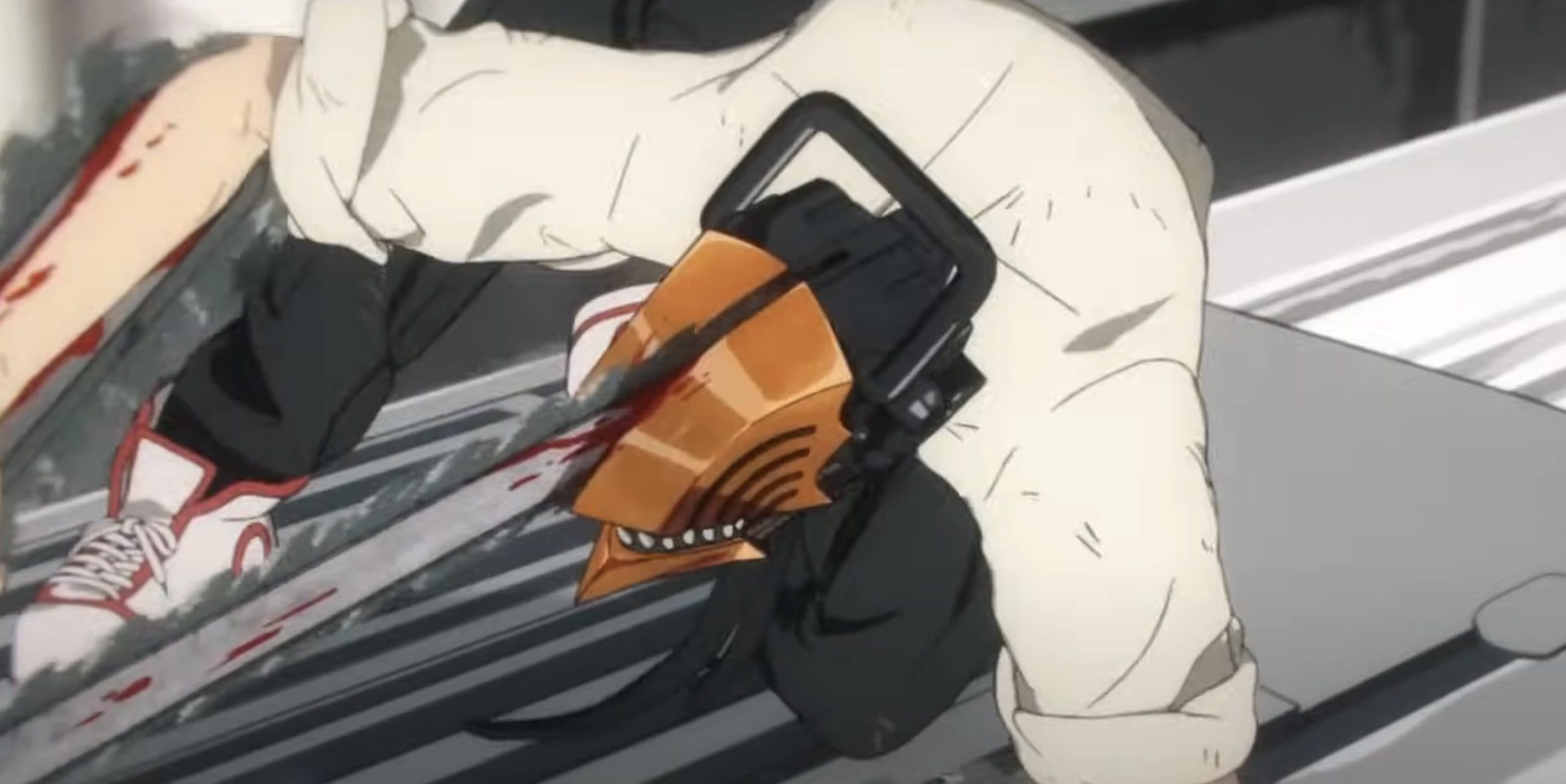
Despite gaining formidable powers, Denji remained unaware of his true potential as the Chainsaw Man.
This lack of knowledge about his newfound abilities, combined with his violent and unconventional appearance, solidifies his status as a morally complex anti-hero – a character who, despite heroic traits, is primarily driven by personal desires and self-preservation instincts.
Denji’s Anti-Hero Journey
Denji’s newfound power as the Chainsaw Man allowed him to exact vengeance on the devils who wronged him. However, his life took an unexpected turn when he was rescued by Makima and recruited as a Public Safety Devil Hunter.
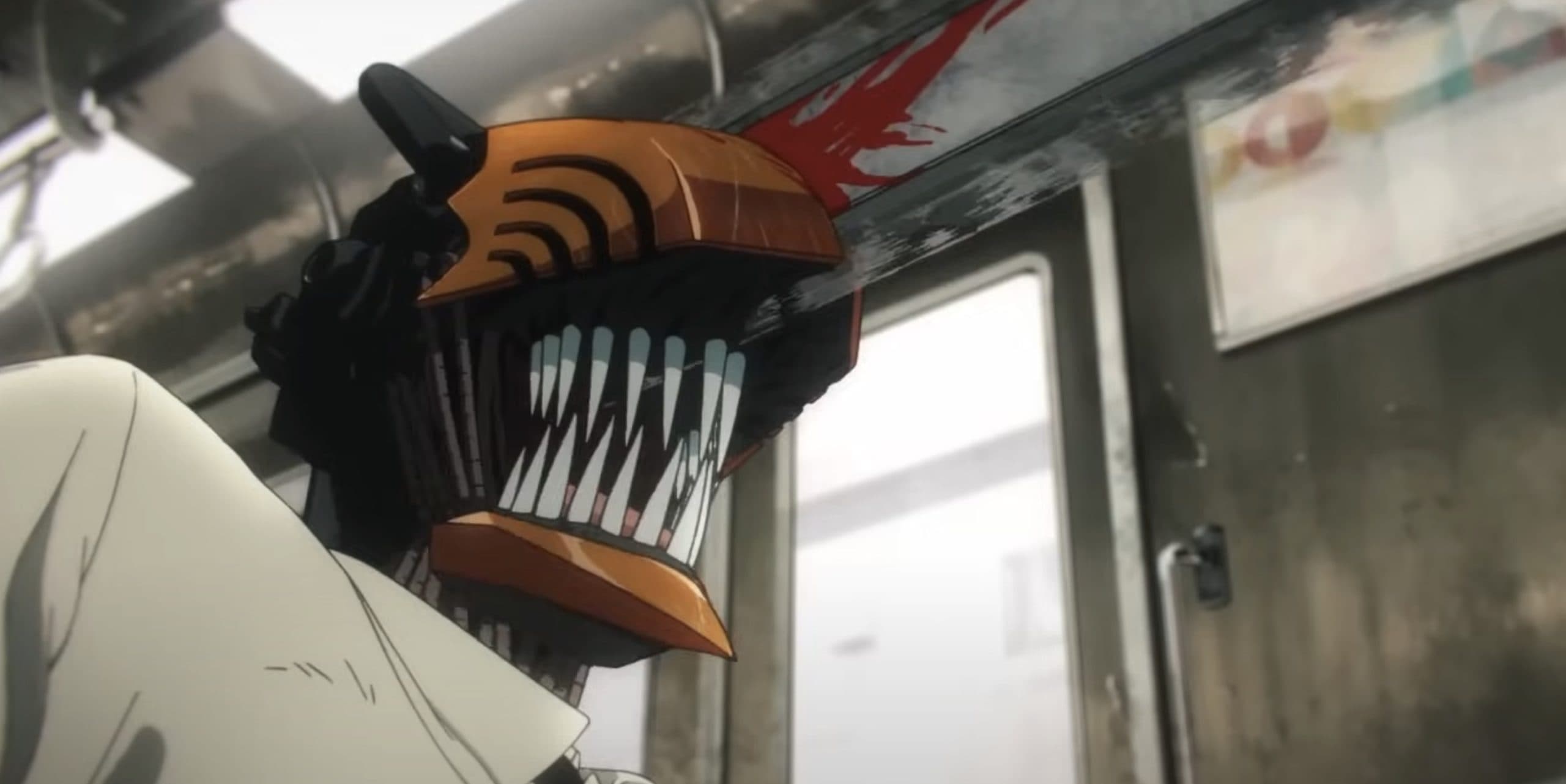
From the outset, Denji’s motivations differed significantly from those of a traditional hero driven by altruism.
Rather than pursuing justice for the greater good, Denji’s primary goal was to secure a normal life – a simple dream his impoverished childhood denied him.
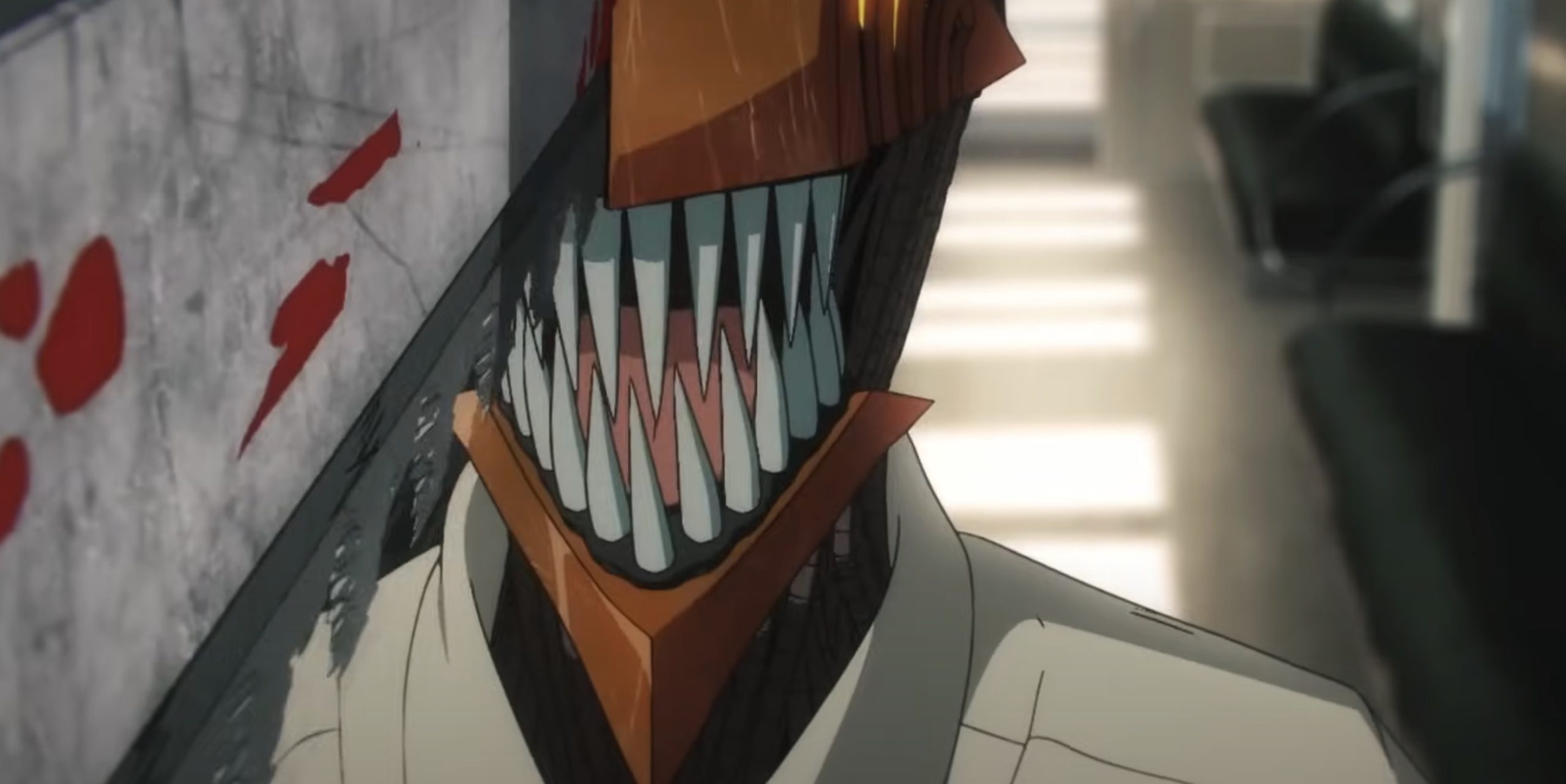
Joining Makima’s organization updated his motives, but they remained rooted in self-interest. After enduring years of suffering, Denji’s sole pursuit became the pursuit of pleasure, whether through relationships or material rewards offered by Makima and others.
Unlike the archetypal anime hero who selflessly strives to help others, Denji’s actions are governed by the promise of personal gratification. This self-serving nature further cemented his status as an anti-hero.

Moreover, Denji’s monstrous appearance, with chainsaws protruding from his head, clashed with conventional notions of heroism.
As the series progressed, his transformation into the Chainsaw Devil form – with his insides covering his body – only reinforced his villainous appearance, solidifying the duality of his anti-hero persona: a character with heroic traits motivated by personal desires rather than genuine altruism.
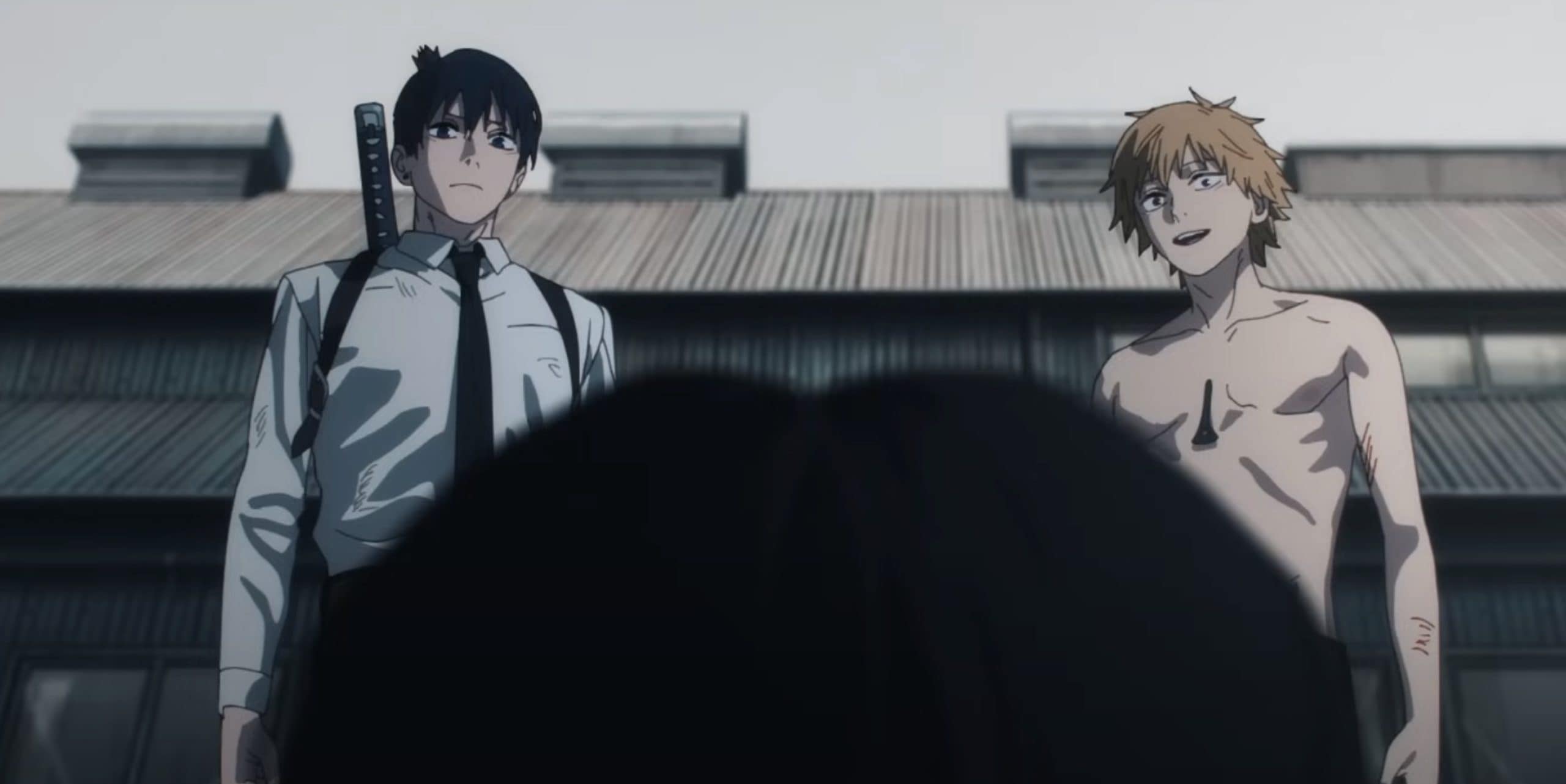
The anime landscape is not short of characters whose appearances challenge societal notions of heroism.
Tokoyami from My Hero Academia and Shinra from Fire Force are prime examples of protagonists whose powers and visages align more closely with villainy than traditional heroism.
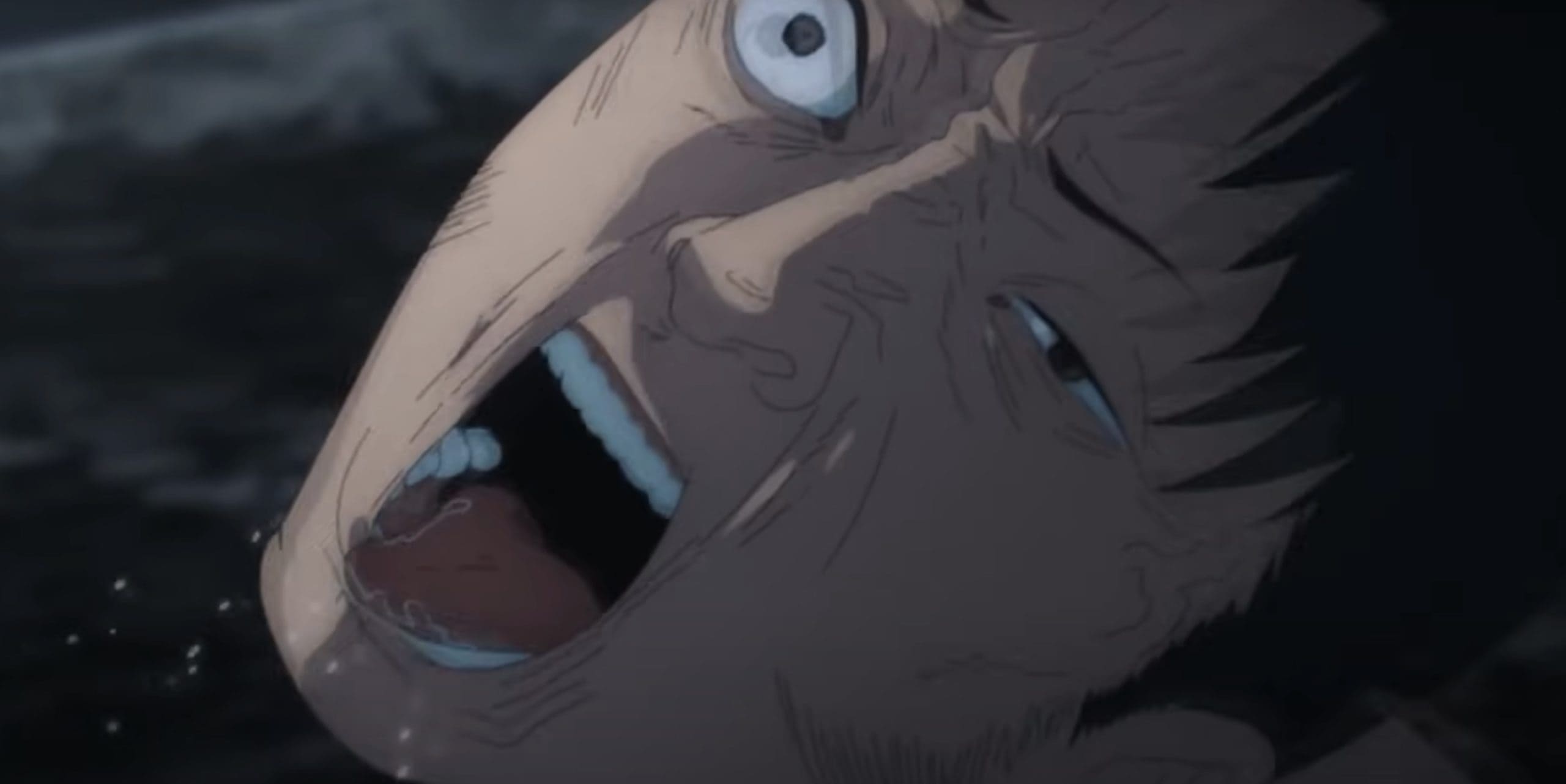
However, a crucial distinction lies in their driving motivations. Unlike Denji, both Tokoyami and Shinra are guided by an unwavering moral compass, their actions motivated by a steadfast commitment to justice and protecting the innocent.
They possess an innate aversion to villainy, actively combatting evil in all its forms.

